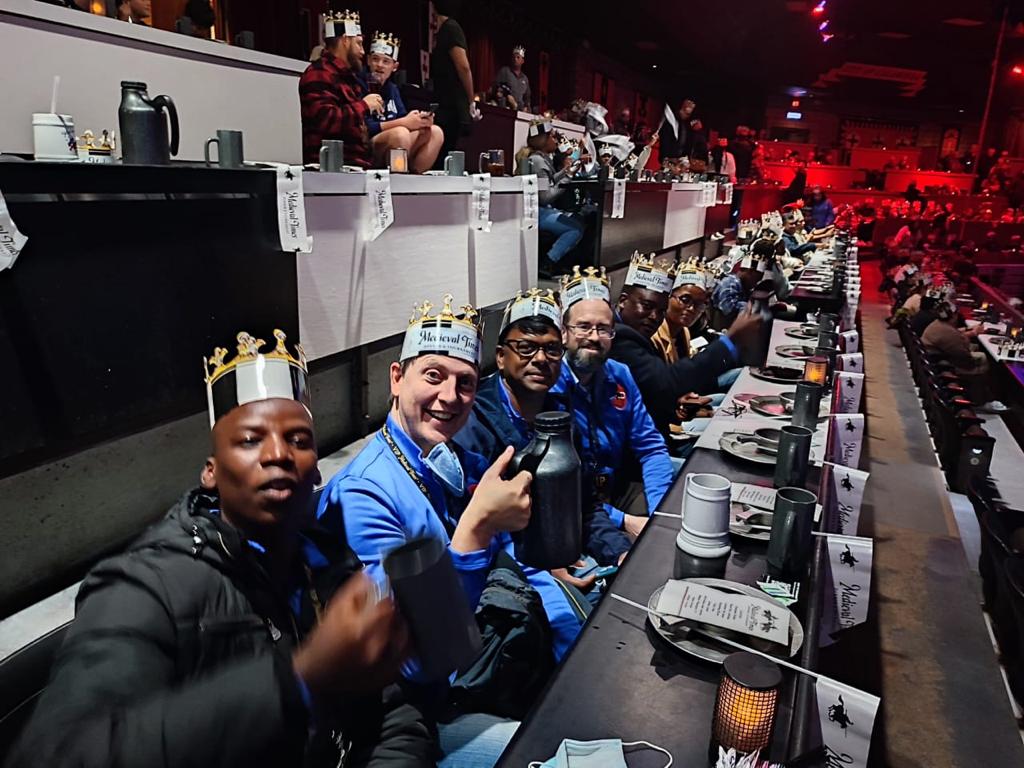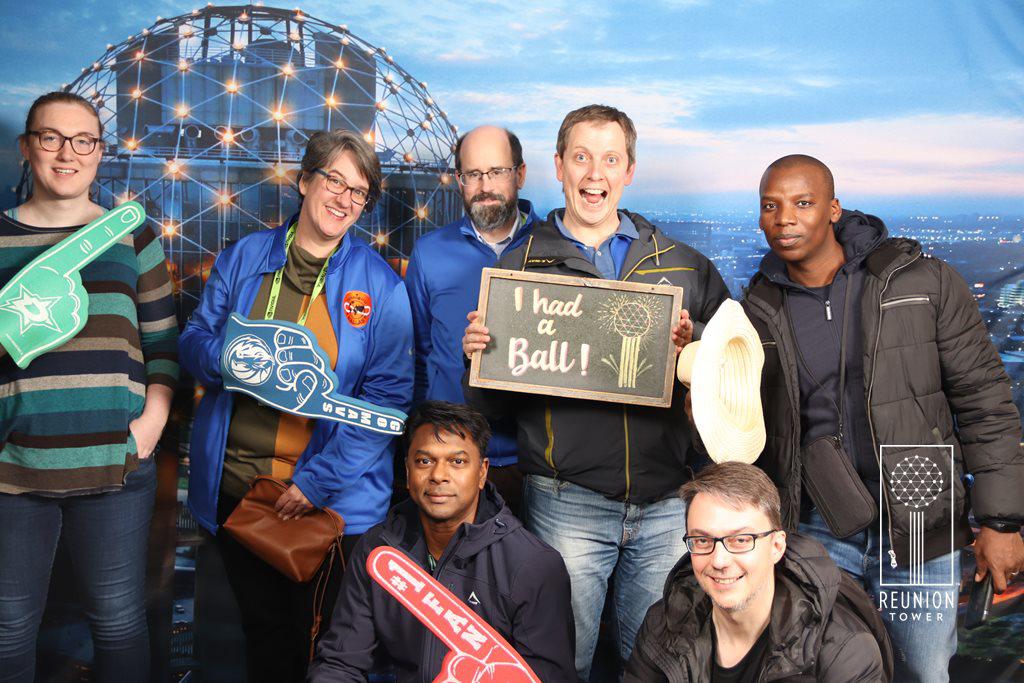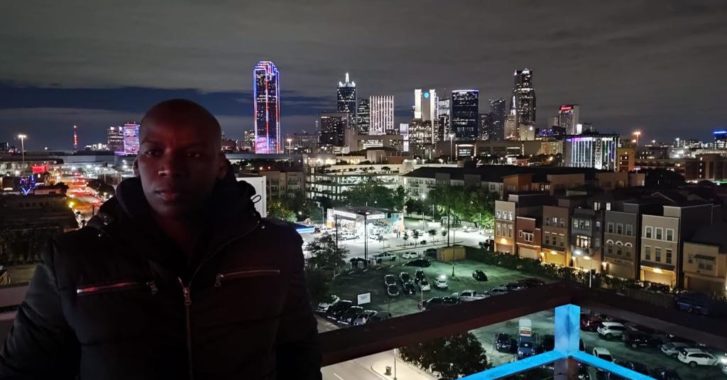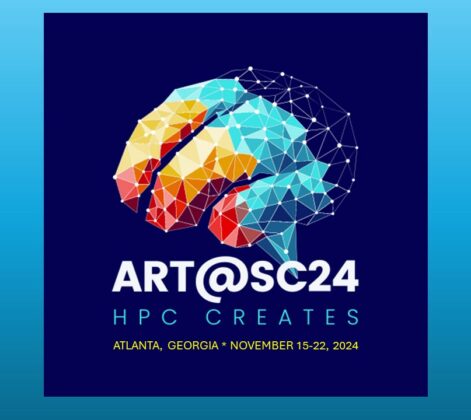By Senzo Mpungose (University of the Witwatersrand)
The international Conference for High Performance Computing (HPC), Networking, Storage and Analysis more commonly known as the Super Computing conference held at Kay Baily Hutchison Convention Center Dallas was what some may consider a once in a lifetime experience. The conference brings together some of the top minds in the world in fields related to HPC. Minds that some may say dictate the course of science, research, development, and ultimately, determine the true capabilities of human endeavors. So why would a simple guy from the far down south corners of Africa attend such a workshop?
Well, sit back, relax, and don’t get distracted by the exhibition hall.
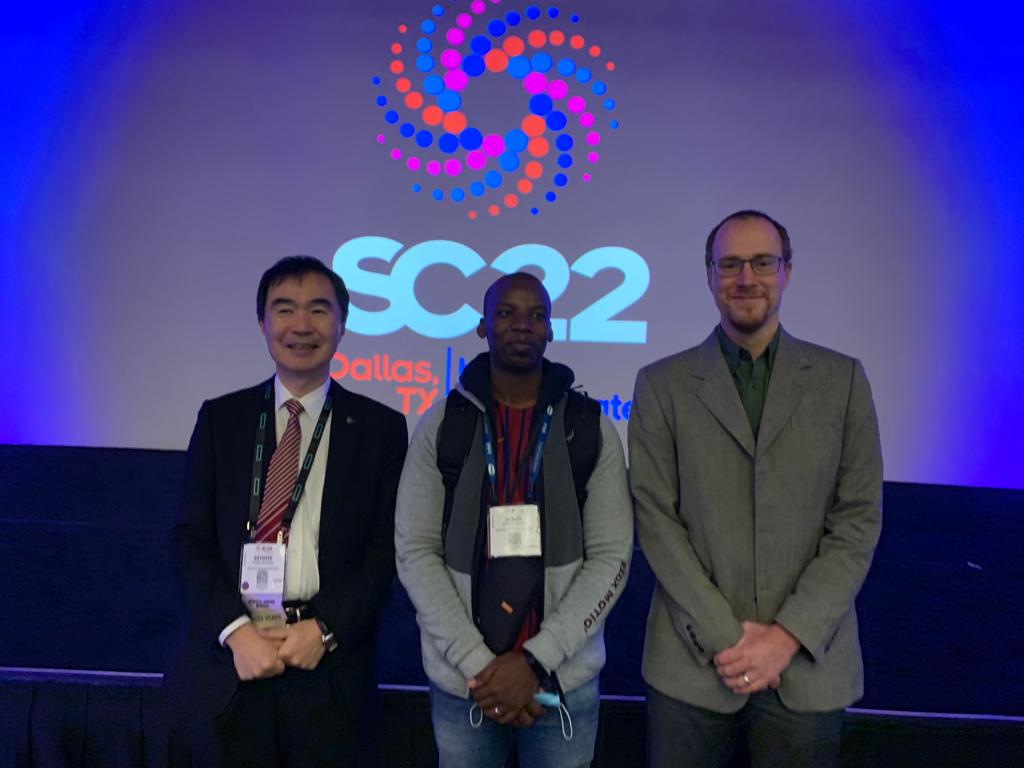
I work as a project and operations manager, assisting my team with HPC projects, purchases, and stakeholder management. Additionally, I assist with relationship management between our department and the outside world. As you can already tell, this is far from the description of the type of professionals this conference typically attracts. The challenge for individuals in my position is that there are few, if any, opportunities to engage with HPC managers, scientists and leading tech companies. We are typically locked away in a dim and dark office trying to figure out how to get the HPC manager a $50k equipment upgrade with a $10k budget, trying to determine if equipment requests are needs and not wants, trying to keep electrical and equipment costs manageable, all on a shoestring budget. So where does SC22 come in?
Firstly, SC22 provided attendees, like me, with opportunities to network, share ideas, start or join new forums, and engage in conversations that ultimately benefit not only my work, but the institution I represent and those we partner with. The Birds-of-a-Feather sessions, or BoFs, such as SIGHPC, provided opportunities to share challenges and find solutions, and weigh-in on the kind of support we need from SIGHPC. Another step toward a sustainable HPC Outreach Ecosystem BoF provided new connections and ideas for how simple exercises using office stationery can be used to teach people about HPC and how they benefit from it. For me, an increasing interest in HPC normally leads to an increase in budget, and consequently impact. There were other BoFs where we learned how managers configure systems to reduce latency, manage costs and increase availability. Those also provide insight on possible changes that we as a small department may need to implement to improve our efficiency and uptake.
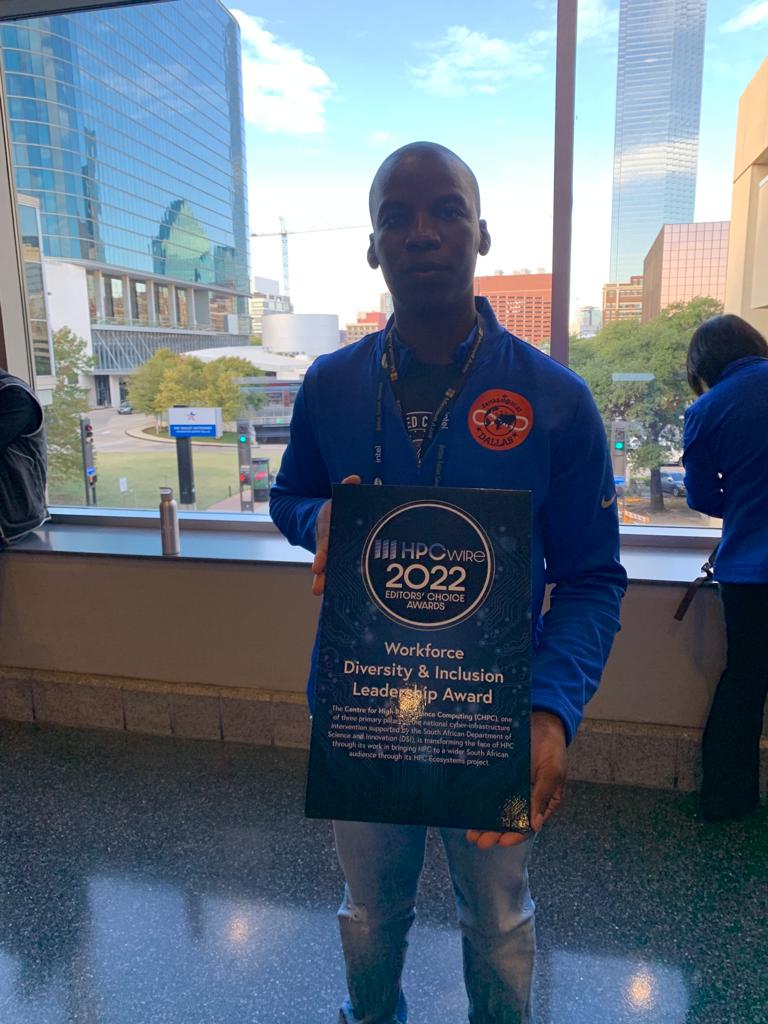
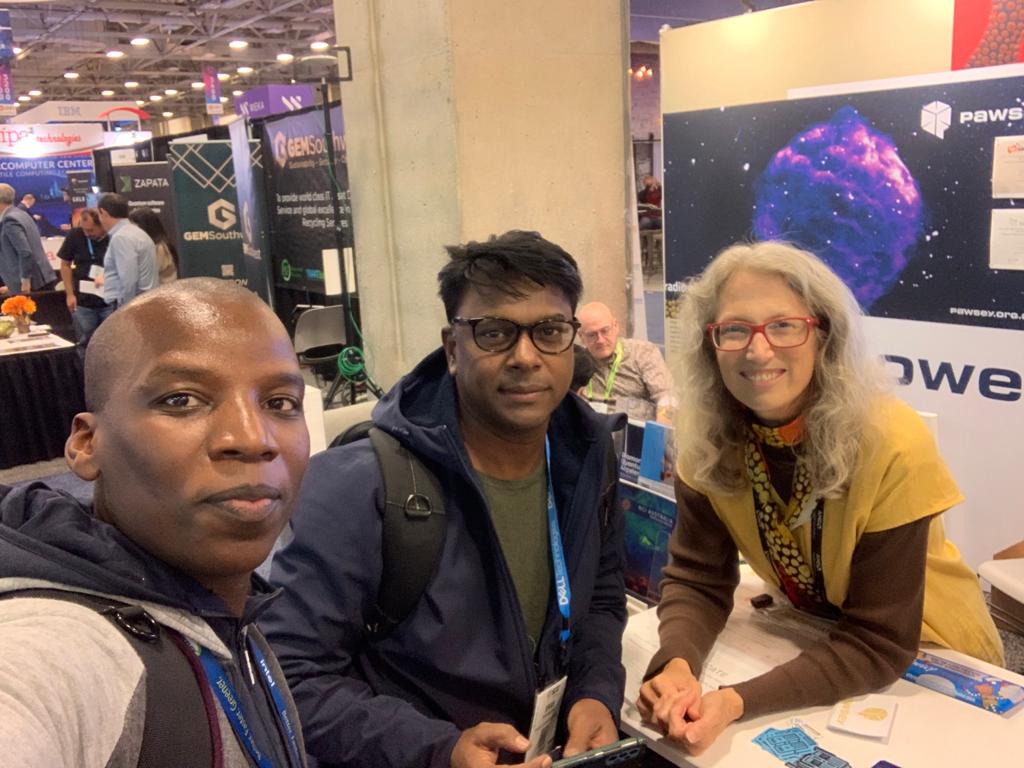
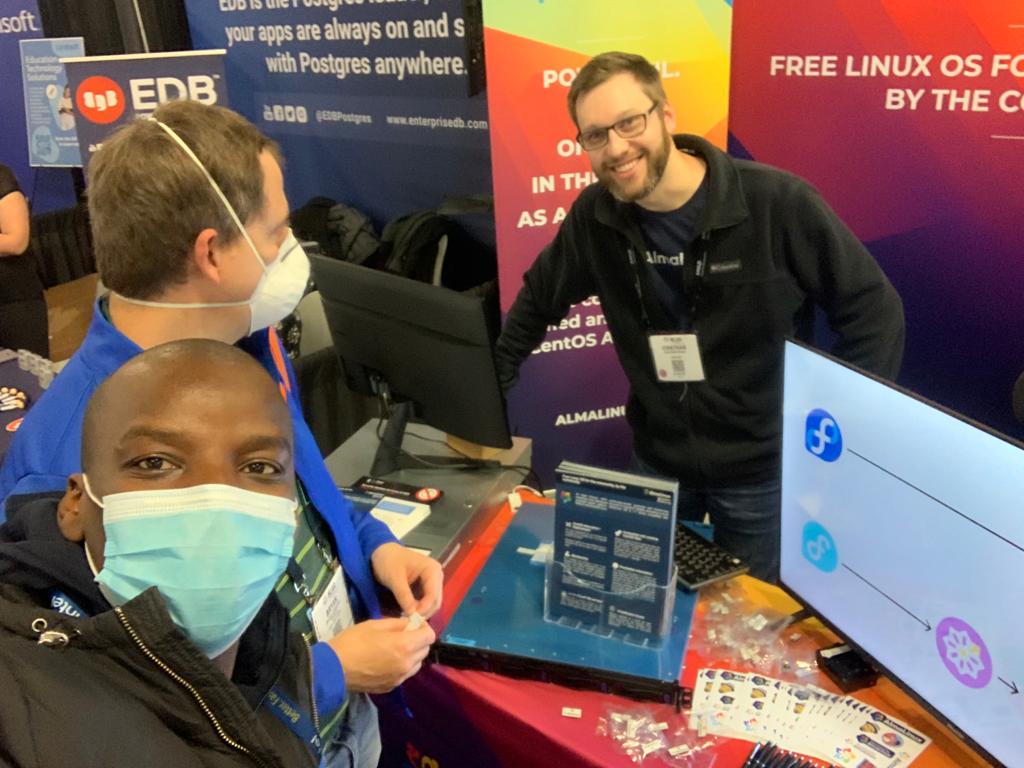
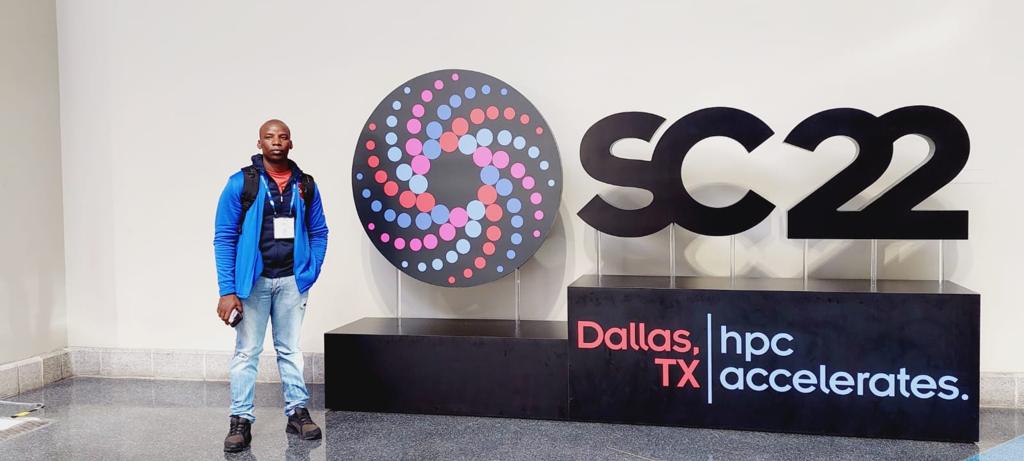
Secondly, SC22 provided opportunities to meet the right people. During the EarthSci@SC22 pre-conference workshop, we met counterparts from other African countries and U.S. territories, explored common challenges and discussed potential collaborations. The pre-conference experience also included discussions on the impact of HPC on weather and economy, how and where our local scientists can apply for funding related to research in the earth sciences, and have I mentioned potential research collaborations? We can now provide researchers with this information when they request access to HPC resources.
Finally, the exhibition hall did not disappoint. Surely you didn’t expect me to skip that part, did you? With hundreds of companies in attendance, a little bit of swag here and there, as well as collecting contact information from manufacturers, suppliers, and distributors, this was perhaps the most financially beneficial experience for my department and institution. With very few HPC vendors on our systems, pricing on hardware is often a take it or leave it scenario. The exhibition hall provided us the opportunity to meet with representatives from Gigabyte, Dell, AMD, Nvidia, Supermicro, etc., all of whom we purchase products from, or have relationships with, indirectly. This exposure allows for increased competition and better negotiating when it comes to equipment pricing. We have even started talks on sponsorships and collaborations with companies such as Bios IT.
So yes, if you ever wonder why a finance guy is at SC22, the answer is simple: we may not know what HPC managers are buying, but rest assured I now know more about it, and will find it cheaper. We are also there to build new partnerships, make new friendships, and find ways to move HPC in Africa forward… It doesn’t hurt that there is also a lot of free swag.
Thank you to Elizabeth Leake and Bryan Johnston for making access to SC22 possible. It is through efforts such as yours that developing countries can see what the world is doing and find ways to make the seemingly HPC impossible possible. Our department and university are now better positioned to improve our HPC offering due to my participation in SC22 and the EarthSci@SC22 pre-conference workshop. We also had some fun at Reunion Tower, and Medieval Times (thank you, Google!).
